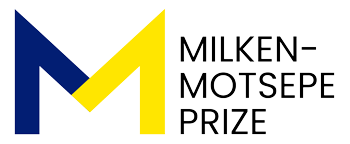By 2030, the world population is expected to reach 8.5 billion, with more than half of that growth occurring in Africa. We will need to increase food availability by at least 60 percent to meet the demand of the additional people on the planet. Agriculture must change and grow now to meet the needs of the future.
Agriculture is by far the most important economic activity in Africa, employing about two-thirds of the continent’s working population. Yet agricultural productivity growth in Africa is about half that seen in other developing economies. Only 3 percent of smallholder farmers are actively using any form of digitive service. Innovative, affordable integration of technology is needed to close the digital divide, increasing farm productivity, decreasing food loss, and bringing value to farmers.
Agricultural technology (AgriTech) is essential for this growth. AgriTech can allow for tremendous progress in crop yields, farm productivity, plant and animal health, sustainability, waste reduction, and scalability. AgriTech is a fast-growing industry ripe for innovative business models and opportunities. It is good for business and needed for people.
The Milken-Motsepe Prize in AgriTech addresses the problems faced by farmers on small to medium-sized farms in Africa. More broadly, it is designed to accelerate progress toward the first two SDGs: eradicating poverty and eliminating hunger. For nearly 25 years, extreme poverty was on the decline. The ravaging effects of COVID-19 have compounded a growing climate crisis, and we now face the worst setback in poverty eradication we’ve seen in a generation. It is more important than ever that we act now and accelerate change to end global poverty. Ending hunger is closely intertwined with ending poverty. The root of the food crisis begins at the farm. Increasing productivity and value to small and medium-sized farms is critical for solving global hunger.
We believe the builders, the dreamers, the creative, collaborative minds will help us accelerate progress and create a more equitable, sustainable, and abundant future.


